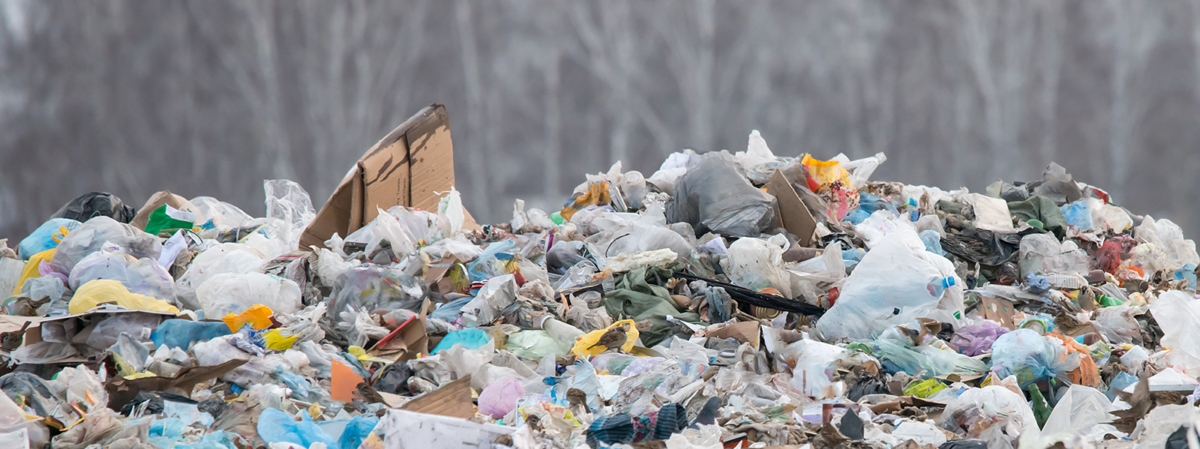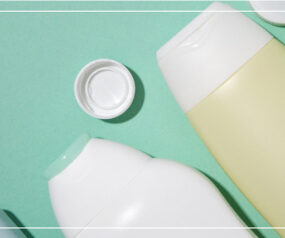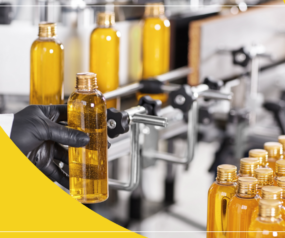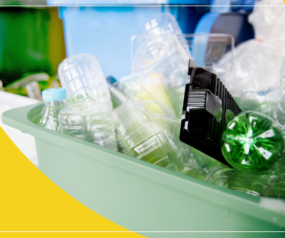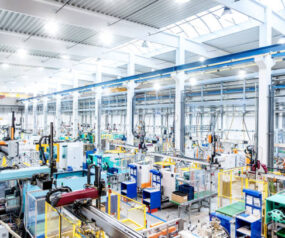Australia joins call for global treaty to end plastic pollution
On 20 November, the 27th Conference of the Parties to the United Nations Framework Convention on Climate Change (COP27), that took place in the Egyptian coastal city of Sharm el-Sheikh, concluded with a historic decision to establish and operationalize a loss and damage fund
What the means for us Australians is not yet 100% clear, but what we can already see is that Australia has signed up for an international push for a global agreement to end plastic pollution by 2040, including binding targets to phase out plastic waste products by 2025.
Environment Minister Tanya Plibersek has announced Australia will join the High Ambition Coalition of 20 nations including the UK, Canada, France, and Germany that aims to deliver a legally binding global treaty banning plastic pollution, which under the current trajectory is set to double by 2040.
Such announcements will inevitably affect us all, but with Plas-Pak WA being a manufacturer of rigid plastic packaging, we will need to remain at the forefront of both discussion and best practice.
Plas-Pak WA’s blow moulded bottles naturally in their process produce around 30% waste in manufacture.
This so-called by-product of blow moulding manufacture (known as flash) does not however go to waste, nor do we treat it as a waste. For us, this is a valuable commodity that we need to save, reuse, and treat as though it is a virgin material.
Our plant and machinery automatically gather the flash, recycles the material in line and reprocesses straight back into the machine, no different than freshly purchased plastic resin and this is conducted across Every machine within our plant.
This essential process not only reduces avoidable waste and doing the right thing for the environment, but also ensures that we and our customers remain competitive within the market.
Failure is not an option, not only would we not be a competitive business doing the right thing for the planet, but we would also directly affect the cost to the end user, which ultimately affects us all.
So is Plas-Pak WA waste free? – certainly not.
We like any manufacturing business in plastics, will have a % of generic waste, from changeovers, cleaning and possible contamination should the process break down.
On average, we would expect to see around a 2.5% value of raw materials being designated as waste – but this is a far cry from landing up in landfill.
From the 2.5% waste, around 40% of this is recycled on site and designated as post-industrial recycled material and used in programs supporting our customer goals of recycled product manufacture. This can be a challenge to achieve and process, but ultimately the vast majority of this material finds its way to manufacturing a new, compliant product.
The remaining 50-60% is too difficult to handle without specialised machinery but working in conjunction with other plastic businesses in Western Australia, we see all of this being processed, cleaned, and extruded into saleable products.
In short, we should not be seeing anything landing in landfill, it’s simply too valuable to allow this and compounds the plastic waste problem.
All of our products at Plas-Pak WA are manufactured using 100% recyclable material (something that can be a challenge to other technical plastics manufacturers), so we are certainly hitting the key targets planned to be in any upcoming mandate.
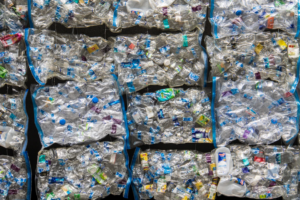
Our packaging is also recyclable, and we promote and assist in collecting this packaging for re-use. Lately, in line with our environmental goals, we have seen our newly supplied packaging being made from 100% recycled material and newly introduced machinery that runs “flash free” reducing waste material down to extraordinary low values and this waste is relatively clean, making it an ideal material to compliment the industrial waste re-use programs on site accordingly.
So, with all of our process waste going straight back into products, our industrial waste being used by either Plas-Pak WA or our business partners and a recycle program in place for our own packaging needs, we are certainly ticking all the boxes, but two fundamental and essential components are still missing here – education and support.
There is no point being environmentally friendly if our customers and the end user in particular, do not play their part.
In the early to mid – 70’s, Great Britain ran one of the most comprehensive and effective environmentally friendly recycle / green projects in the world – the Milk Man.
Milkmen appeared in Britain around 1860, when the first railways allowed fresh milk to arrive in cities from the countryside. By 1880, the milk was delivered in bottles. By 1975, 94% of milk was in glass bottles.
In August 1967, the UK Electric Vehicle Association put out a press release stating that Britain had more battery-electric vehicles on its roads than the rest of the world combined. It is not clear what research the association had undertaken into the quantity of electric vehicles of other countries, but closer inspection disclosed that almost all of the battery-driven vehicles licensed for UK road use were milk floats.
Source, Wikipedia.
Electric vehicles delivering the product right to your door, your empty packaging collected, cleaned and reused and the process was the perfect circular economy. It was not uncommon to get a knock on the door from a milkman who thought you should have more bottle returns.
So why did this perfect system fail?
Like most things, the consumer became much more price aware.
Supermarkets can buy in bulk and reduce the overall cost significantly, but this resulted in a complete breakdown of this perfect eco-system.
Identifying that bottle containers outside supermarkets with various, and at times, unsortable bottles, in conjunction with the exceptionally high cost of glass production and recycling, the inevitable breakdown occurred in the late 80’s with 1990 seeing the first supermarkets started offering plastic and carton containers, reducing bottled milk from 94% to 3% by 2016.
The reality is that the answer to our plastic problems will most likely be resolved at a cost to the end user.
With drink cans now being targeted for a returnable deposit, the question remains
“Is this enough”.
If the price of a poor attitude to recycling is ten cents, how many of us will truly feel its impact and will it be enough to see the population taking a much more proactive approach to recycling. No doubt some will, but many will not.
When our recycle bin is full, but we still have a few items to dispose of, what stops the end-user (public) simply throwing this into the general waste.
We have a long journey ahead of us, and we should not expect this to naturally occur without major change.
The right attitude and well provided recourses to make our recycling much, much easier, and education will be key to achieving plastic waste goals.
At Plas-Pak WA, our goal is to provide the front line support to our customers in both education and resources, whilst using our technical knowledge and support programs to aid on their own environmental journey.

